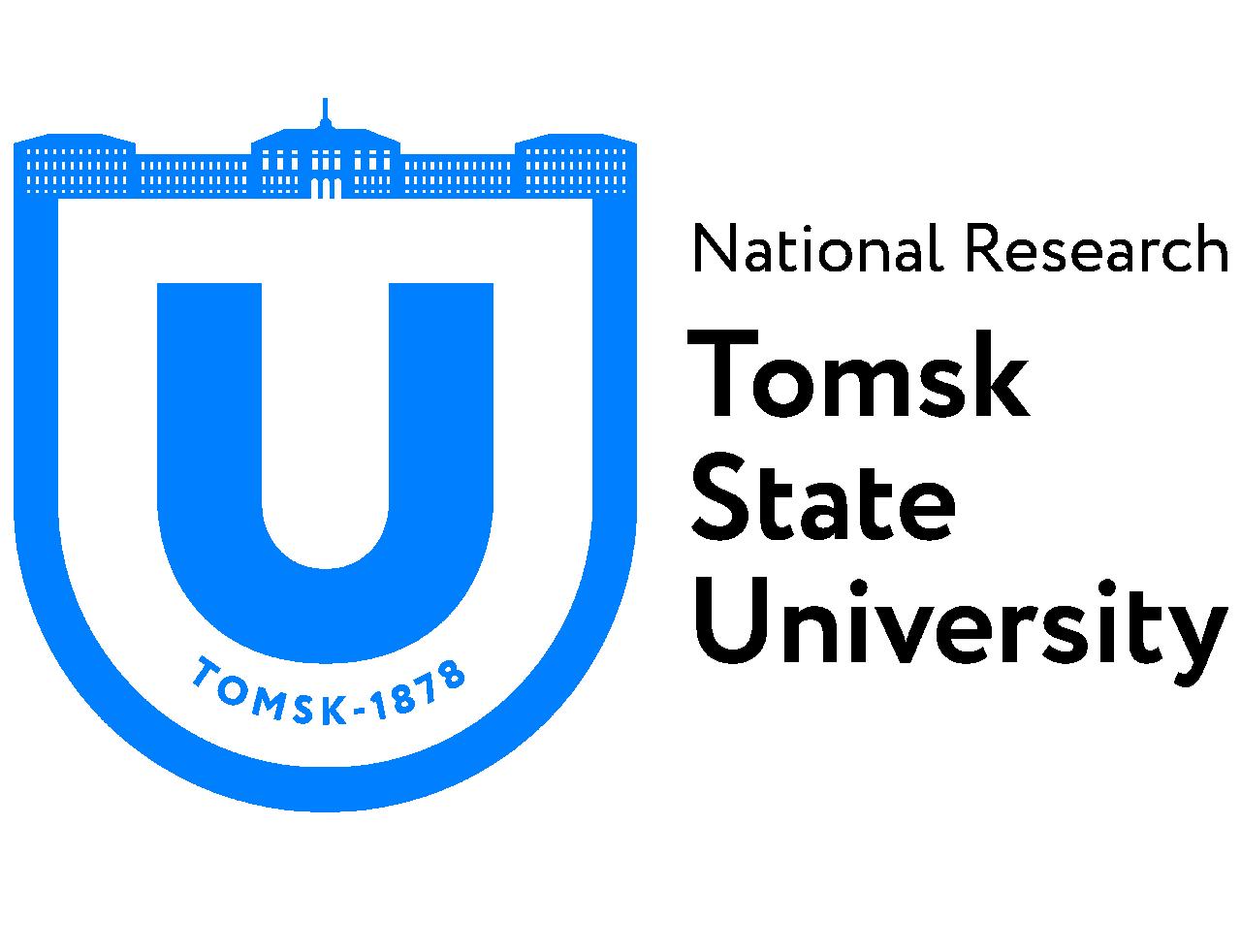Tomsk State University: People from 5 countries learn Chinese with TSU and SLU
TSU’s Confucius Institute and the School of International Education of Shenyang Ligong University, with the support of the Chinese Language Promotion Fund, are conducting a summer school. For a month, 130 people from Kazakhstan, Belarus, Ukraine, Cyprus, and 20 regions of Russia will be studying the Chinese language and getting to know one of the oldest cultures on this planet.
“We start the first week of August, online. The school is supported by the Chinese Language Promotion Fund, so the participation is free,” explains Irina Shvedova, head of the TSU Confucius Institute. “The classes will be taught by our colleagues from China. The students will not only learn grammar, listening comprehension, reading, and writing, but also get to know the riches of the Chinese culture and traditions. The program pays a lot of attention to that.”
All participants are divided into four levels, from basic to advanced. This year’s number of participants is very high, among them a lot of high-school children. During the last five years, interest in the Chinese language has been growing in Russia and Tomsk in particular. Many high schoolers study this language and even choose Chinese as one of the exams for the National State Examination. Let us add that the courses participants must be older than 12.
“This year, thanks to the change in format, people from different countries were able to participate,” notes Irina Shvedova. “Of course, we are all tired of online, but it has its benefits. We are able to teach, train speaking skills, and make our education available to more people.”
For example, high-schoolers who had earlier this year attended language courses at the Confucius Institute were able to participate, despite being in various cities of Siberia. However, both teachers and students hope that the next school is going to take place offline. It will be an opportunity for the students to dive into the language environment and the unforgettable atmosphere of China.

